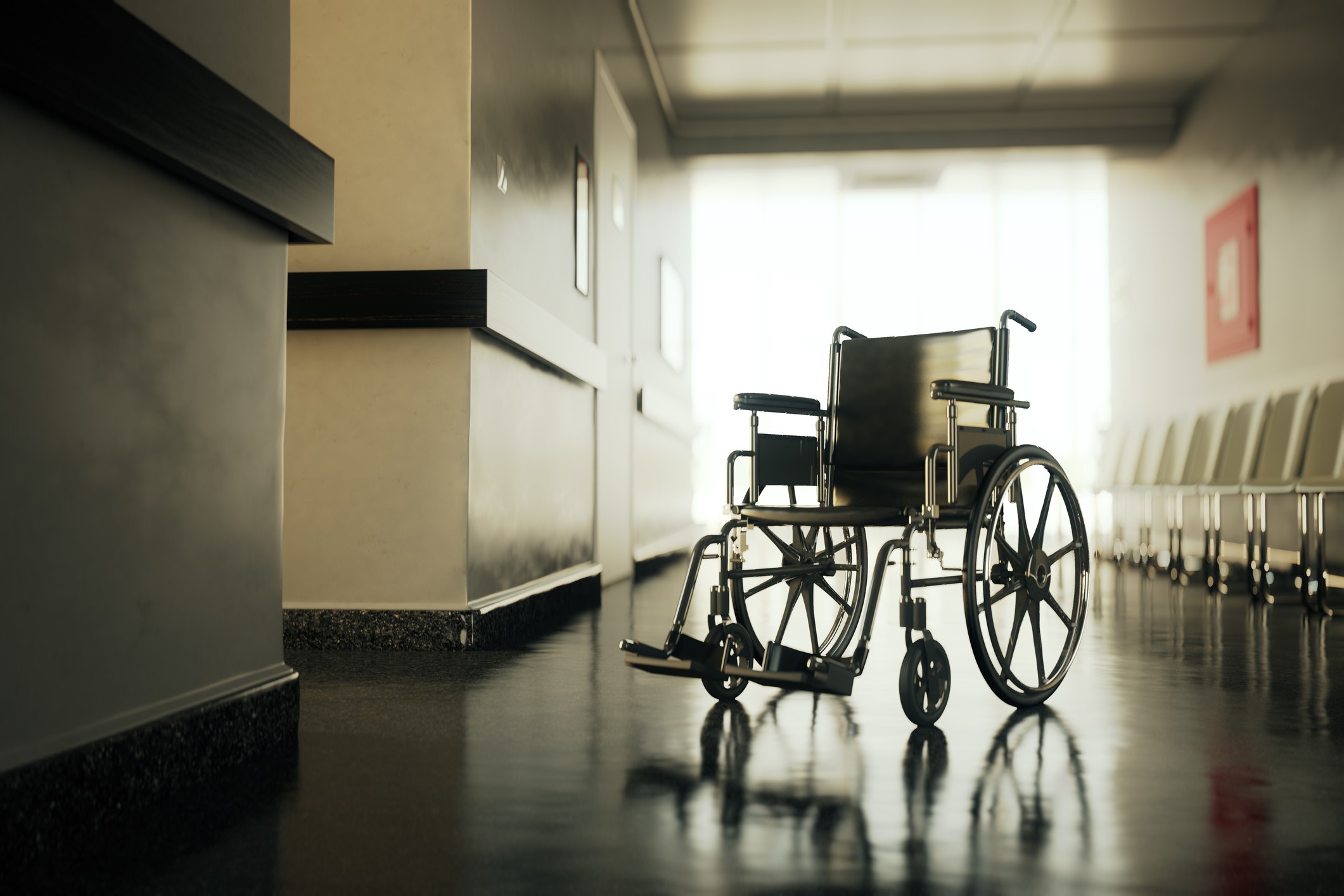
Make transportation available
Many seniors can no longer drive due to vision impairments and decreased motor reflexes. This lack of available transportation makes getting from place to place more challenging. Arranging for transportation or offering seniors a ride whenever possible can be invaluable in promoting social interaction. It also helps to foster a stronger sense of independence, positive self-image and improved self-esteem.
Facilitate interactions with pets and nature
Studies have shown numerous health benefits of seniors interacting with pets. They are more socially engaged, less lonely, experience less depression and require less medication. If your elderly relative suffers from allergies to four-legged friends, or simply isn’t mobile enough to interact with one, tending to houseplants has also been shown to offer therapeutic advantages. At A.G. Rhodes, we have pet therapy volunteers who bring their pets in for seniors to enjoy. We also have a horticultural therapy program that residents find extremely beneficial.
Foster a sense of purpose
Seniors with hobbies and interests are inherently more social. So, it’s important to help your elderly relative or friend maintain former passions, or develop new ones if they’re physically or mentally unable to engage in old routines. If they’re at a loss for activities to participate in, there are numerous places, such as senior centers, that have regularly scheduled events that they can check out. At A.G. Rhodes, we have daily activities planned for our residents to engage and participate in. Volunteering is another way to foster a sense of purpose and engage socially within the community, and many of our residents at A.G. Rhodes enjoy volunteering in the homes alongside staff and members from the community.
Encourage them to maintain old routines
As a person grows into old age, it can be easy for them to neglect their former routines. If you see that your elderly relative has recently stopped attending their place of worship or has been neglecting weekly dinners with their friends, you should inquire why. Offer feasible solutions if there’s something hindering their attendance, like a lack of transportation or accessibility. It’s important to encourage healthy social routines, since they provide a sense of structure and decrease isolation.
Promote social media and technology usage
Social media and technology aren’t just for young people. Using the Internet and online outlets like Facebook and email can allow seniors to connect with family and friends, even if they’re in different cities and can’t see each other regularly. Skype and FaceTime are also beneficial for this reason. Teaching an elderly relative how to use social technology can keep them feeling connected to the world around them. At A.G. Rhodes, we encourage our residents and their families, and our staff, to engage with us on our Facebook page: www.facebook.com/agrhodeshealthrehab.
We have a plethora of activities designed to promote social interaction at A.G. Rhodes by allowing seniors to engage in activities they love . Give us a call today to find out more.

